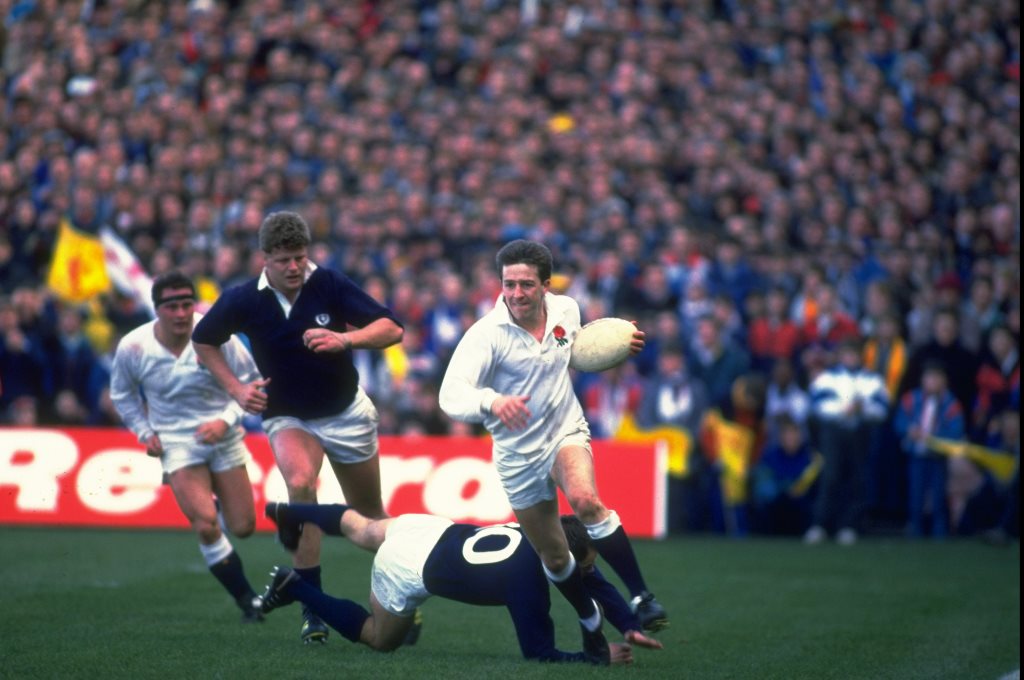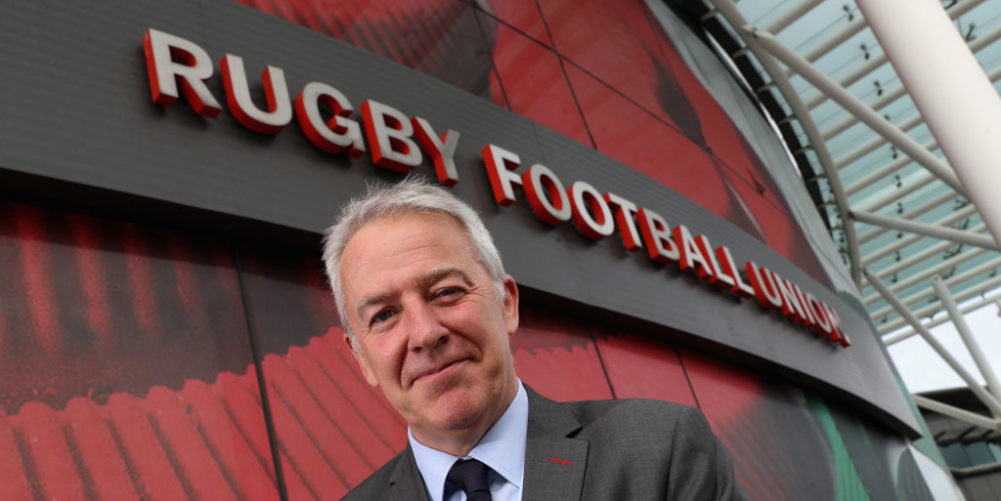Christmas is coming and we are approaching the halfway stage of the season but some of the established teams are not looking their best, so the ‘old chestnut' is rolled out again.
Ring-fencing. Every year we have the same old threat of the Premiership expanding to include all of their shareholders and then pulling up the drawbridge.
Various forms have been suggested, from increasing the Premiership, to a freeze on promotion and relegation for just a few years so everybody in the Premiership and below could ‘sort themselves out' and manage their finances better.
The one thing that's certain, if a ring-fence ever happens it would be forever, as it would open a chasm so wide it could never be bridged and could potentially destroy the league system below.
It would almost certainly reduce the amount of money in the game by breaking one of the main promises on which the leagues were sold.
Namely, the ability, if you organise your club on off the field and win your leagues, that you can go from the bottom league to the Premiership without barriers.
This has already been compromised by the Premiership criteria rules on stadiums etc, but in general, even if you are massively disadvantaged when you get there, it can still be done.
As much as the RFU may not like it, many of the clubs below the two official professional leagues pay their players with money from generous backers who want their club to climb the leagues, or just survive against the other paid teams.
Remove the dream and you are likely to loose some of the people who currently fund a number of clubs' ambitions, which unfortunately would (in all probability) force those clubs to the edge of extinction while also impacting on the numbers playing the game.
Admittedly, it is not in the same league (if you'll pardon the pun) as the Premiership but the sponsors are still the financial life blood of those grassroots clubs who get little or no help from the RFU.
Close off the Premiership or the professional game and you could take away the money, leaving players with the choice to play for nothing or having to find something else to do on a Saturday afternoon.
We already know that professional rugby is reliant on the generosity of the owners, backed up by the RFU, and if an owner walks away it can mean bankruptcy for the club and redundancy for the players and staff. It has happened at a number of clubs already, so why would it be any different for a grassroots club that loose their funding sponsor?
Can you imagine the impact on the Union were there to be what would be tantamount to a collapse of the whole league structure as countless numbers of clubs at different levels failed to field teams if players left because they were no longer paid?
It's no wonder stand-in CEO Nigel Melville has dismissed a ring-fence this season suggesting the Premiership would have to come up with a sound argument why that should ever happen and said the current situation where four points separate the bottom seven clubs is really an exciting prospect, as clubs battle to avoid the drop.
A two-week break for the European cups will give the the Premiership coaches a break and a chance to get their players back in the game so to speak. For the big name, big money clubs currently languishing close to the bottom, they will be hoping for better times when the Premiership returns just before Christmas.

Speaking of stand-in CEO Nigel Melville, he is the first real ‘rugby man' in the role since the resignation of Tony Hallett in 1997. It will be interesting to see in the time he has available if he is able to rebalance the game.
Although much of the blame for the current financial troubles of the RFU have been laid at the door of the new East Stand development, the real cause of so much of the Union's woes is the preferential treatment given to the Premiership at the expense of the rest of the game.
Since the dawn of professionalism the Premiership have succeeded in forcing the RFU to capitulate to all their demands because of the RFU's need for access to the players contracted by the clubs.
If, however, the Union had not agreed to the Premiership demand that the EPS and the England squad only be picked only from the Premiership (which explains why the exceptional circumstance rule referring foreign based players has never been used) they may have had some other selection options.
The move from rugby men to business men as CEO of the RFU has seen what was once an amateur sport with a small business requirement for generating funds for the development of the game, rapidly morph into a business which uses the amateur sport to generate funds to pay the inflated wages of the professional game.
It is unlikely that Melville will be in the position long enough to bring back many of the powers lost to the grassroots council representatives, but by denouncing a ring-fenced Premiership, he has shown more of a feeling for the needs of the game than his predecessors.


























